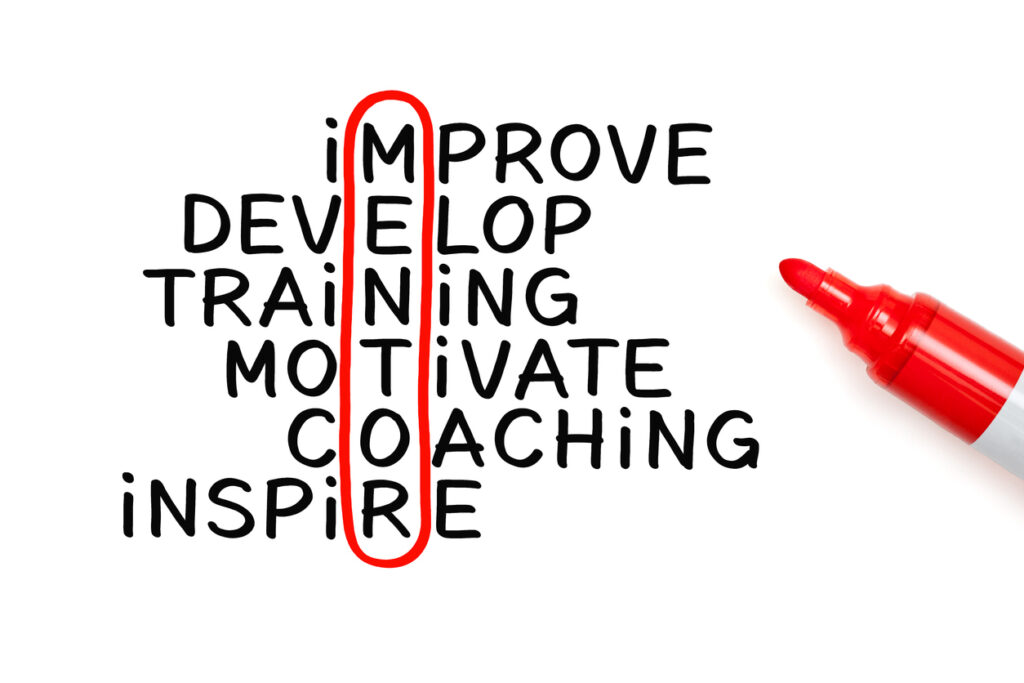
Mentors are essential for career development. Why? Because once you finish your formal education, the two most valuable ways to learn are through direct experience and the experience of others. By leveraging other people’s experiences, you will accelerate your own experience and reduce the number of mistakes that typically occur when you have no guidance.
I’ve had three legal mentors. The first one was my boss at Qualcomm when I was a legal intern earning law school credit. He was exceptional at distinguishing between legal issues and business issues. He taught me boundaries and how to have fun at work. My second mentor was a lawyer friend of my father’s. He taught me how to run my own law practice and deal with clients. My third mentor was my boss at a large law firm. He taught me how to manage M&A transactions, relationships and get clients.
I can honestly say that I would not be where I am today without them. I was able to model them, learn from them, apply their principles and strategies, and ultimately become a better, more effective version of myself, which impacted every aspect of my legal career and beyond.
How to Find a Mentor
If you are looking for a job, look to work for a person who you respect and admire. They will have a big impact on your career and make your job much more fulfilling.
You can also find mentors outside of your job. Identify the skills you want to learn, the career you want to have, the characteristics you want to develop and then find someone who is the model of those things and contact them directly. Most successful people are happy to help less experienced people, especially those individuals who are willing to help themselves.
You can also find mentorship programs through most state bar associations. But don’t accept just any mentor. Be clear about the kind of mentor(s) you really want.
How to Approach a Mentor
Once you are clear about what you want in a mentor, do your homework. Learn about them before contacting them or before you approach with serious inquiries. Find out where they went to school, when and where they got licensed, what kind of law they practice, successful cases or deals they worked on, who they know, all of which is typically available online through their firm’s website, the state bar, LinkedIn, press releases, etc. Then figure out what you want to learn from them and do some basic research on the subject first. That way, when you do talk to them, they will know that you are serious because you have already done your homework about them and the key topics you are interested in.
When contacting a prospective mentor, you should be able to say something like, “I see that you specialize in ____ and that you worked on ____. I am very interested in ____ and have researched ____. As someone with direct experience, I would really like to get your take on _____. Would you be open to a phone call or quick meeting.” This approach is very likely to get a response. From there, you simply build a relationship with that person.
Keep in mind that you, as the mentee, should be doing most of the preparation, coordination, scheduling, etcetera to make being your mentor as easy as possible.
The Mentor/Mentee Relationship
Once you have established a relationship with a mentor, you will want to maintain and develop it as you would with any other relationship, but there are a few things to keep in mind. Be respectful of their time. A common cadence for meeting with a mentor is either monthly or quarterly or somewhere in between. This could be for coffee, lunch, video conference, or a phone call. A few emails in between meetings would also be typical. You do not want to pepper them every week or ask them to meet with you in person every month unless they have made it clear that it is okay with them.
When you do meet, come prepared with specific questions and your desired outcome for the meeting. Although meetings don’t always go as planned, you must be prepared to make the most of it. On the contrary, do not bring your personal issues to the meeting, and try to avoid talking about yourself and irrelevant subjects unless asked.
Your mentor is likely to be far more experienced than you, which is why you sought them out in the first place. Therefore, you will want to elicit your mentor’s experiences, both good and bad, so you can learn from them. Ask for their opinions (everyone has one, but few are valuable). Their opinions probably have higher value than most given their direct experience. Ask for advice, they will be happy to give it. You do not have to follow it, but you should seriously consider it.
What not to do. Don’t be late. Don’t be unprepared. Don’t talk more than your mentor (two ears, one mouth). Don’t ask for favors or jobs. Don’t ask for legal forms. Don’t ask them to review your work (unless they offer first). Don’t expect them to pay the bill. Don’t ghost them – follow up with an update on how something that you discussed turned out. This can be very rewarding for a mentor.
Final Thoughts
It is okay to have more than one mentor at a time or to change mentors throughout your career. You will go through different phases and have different needs. You will be surprised at the unforeseen benefits of having mentors. Building relationships with mentors gave me perspective, confidence, knowledge, opportunities, jobs, and ultimately allowed me to build a successful law practice and achieve many other goals. You can leverage mentors in other areas of your life, such as health and fitness, sports, finances and investing, spiritual practices, etc.
Let those who have gone before you show you the way. The results can be priceless.